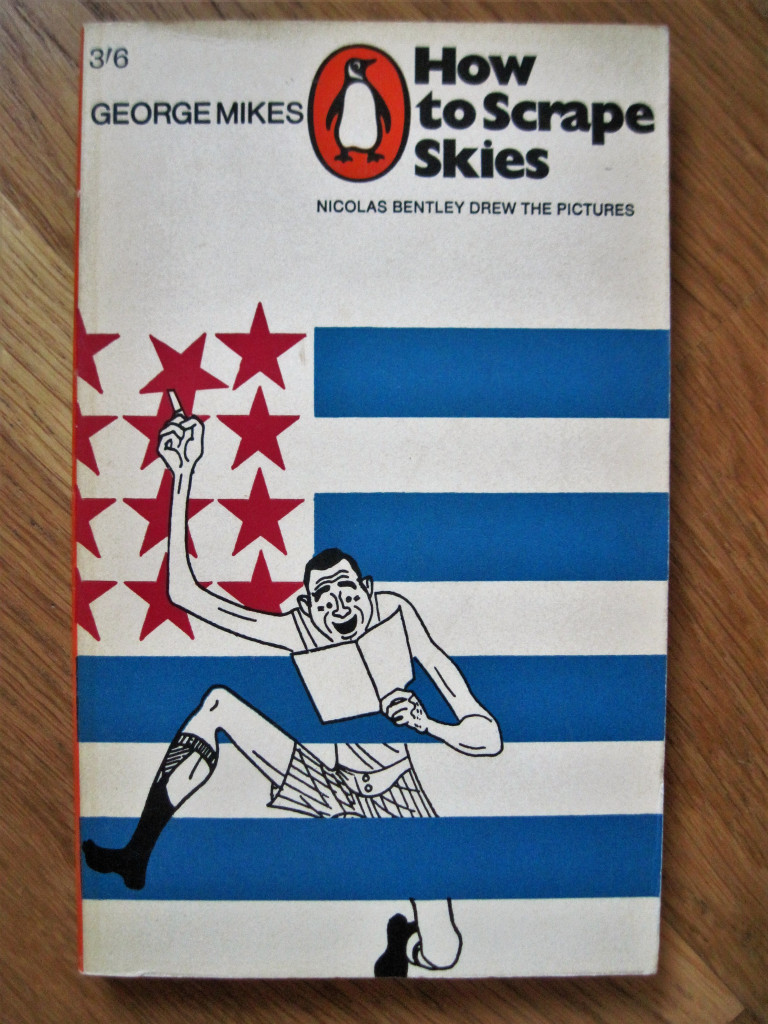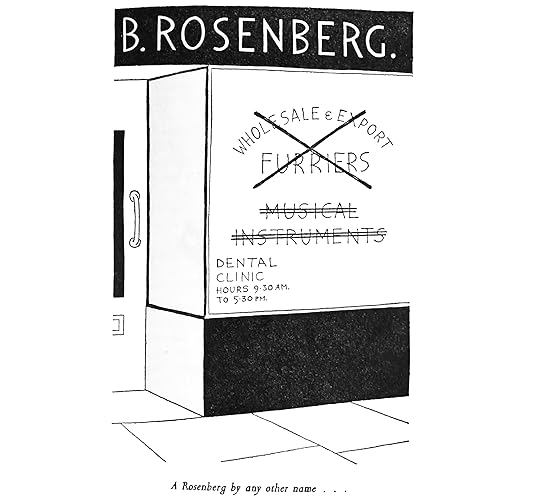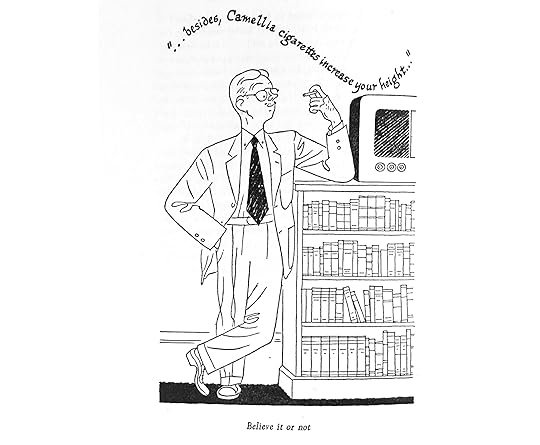What do you think?
Rate this book


123 pages, Paperback
First published January 1, 1948

The Southerners are the great experts on the Negro problem and they will explain to you that the crimes of Negroes are terrible and manifold and their persecution justified.
(1) First of all, the Negro is black… I must admit there is a great deal of truth in this very able observation…
(2) They are illiterate or at least uneducated… It is a very old recipe to exclude people from schools or keep them in utmost poverty so that they should be unable to go to school and then accuse them of being uneducated.
(3) They are over-ambitious and pushing - they learn too much.
(4) They are full of racial prejudice. Millions of them are satisfied with their situation, they believe in their own inferiority and have a strong dislike of Negroes coming from the North and talking about a real abolition of slavery. I should go so far as to state that some of them even like being lynched. Not all of them and not all the time - just a few Negroes, every now and then, let us say twice a year, in the height of the season.
(5) They do not ‘keep in their place’. So-called fair-minded Southerners told me that they have nothing against those Negroes who know their place, they only object to the ‘uppity’ ones. In other words they are perfectly adorable as long as they remain servants, janitors, waiters, sewage cleaners, boot-blacks, unskilled manual workers (preferably receiving very low wages)...
(6) They stink… I met a great number of white Southerners who were too busy to spend much time in washing and I dare say I could tell them without difficulty from a rose in full bloom.
(7) Their fathers were slaves. Note: this is the shame of the Negroes and not of their masters.
(8) They have criminal tendencies. There are indeed some ugly crimes - lynching for instance - in which Negroes are involved without fail, in one way or another.
